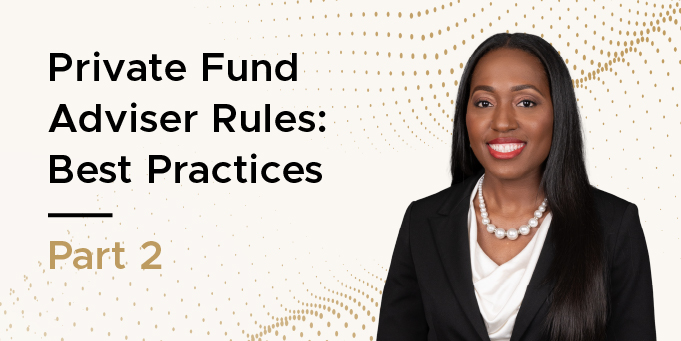How an Asset Manager Can Evaluate the Need for a CFO
- Published
- Sep 7, 2021
- Share
Asset managers face an ongoing dilemma of whether they really have or really need a CFO.
A well-positioned CFO, in addition to managing the firm’s financial blocking and tackling, can provide guidance to the executive committee on the financial wellness and future direction of the firm as well as chart the course for how effectively the business is achieving its goals and potential.
For some firms, especially those still considered to be emerging managers, the responsibility for performing the CFO role may fall to the person in the management team who took the most accounting courses in college. However, that doesn’t necessarily make them the best choice.
When evaluating a firm’s need for a CFO—or evaluating the current person performing the role—consider the following topics below. Firms need to give sufficient thought to each of these areas and readily know they might affect the business.
- Net return or net profit per advisory client
- Firm performance
- Fund structure
- Cash flow
- Service providers
- Business plan
- Enterprise value
- Long-term financial goals
- Optimal time to recruit a CFO, contingent upon AUM and human capital metrics
- Benefits of a full-time CFO
- Hiring a CFO pre- or post-fund launch
- Asset managers not only run a fund, but also a business
These aforementioned topics are intended to guide asset managers as to the timing of either hiring a dedicated CFO or outsourcing to a reputable service provider. Because situations and needs are unique, asset managers can look to their current service providers to help guide them.
To learn more about these topics and EisnerAmper’s Financial Services CFO Outsourcing Services, please fill out the form.
Contact EisnerAmper
If you have any questions, we'd like to hear from you.
Receive the latest business insights, analysis, and perspectives from EisnerAmper professionals.










